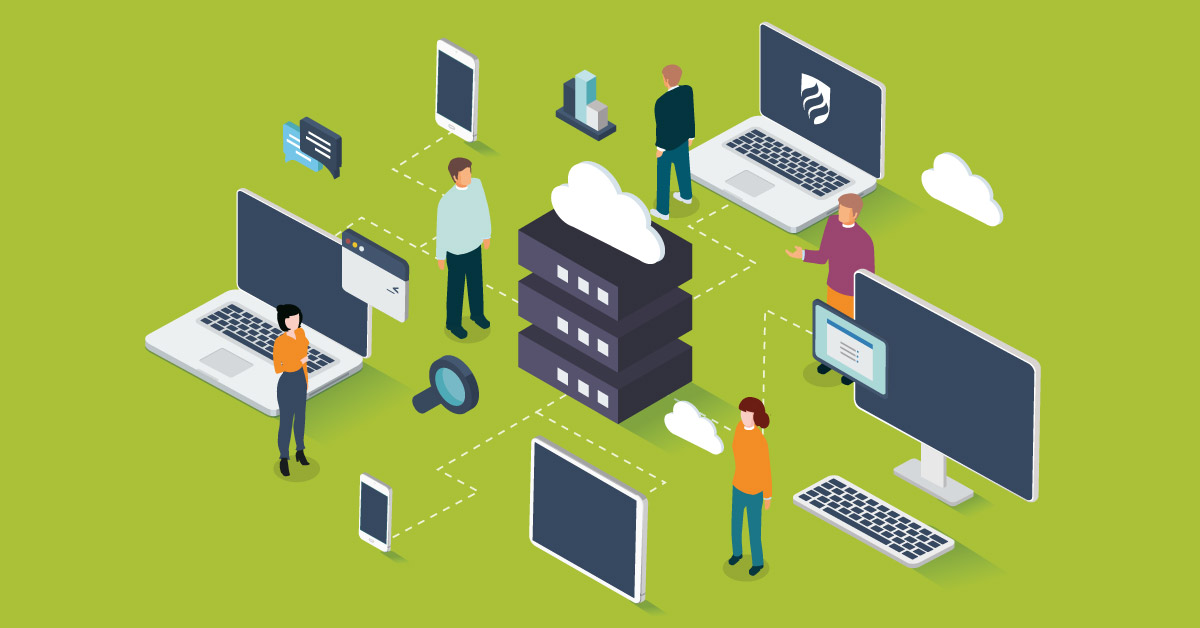The names sound similar. They are both engaging, lucrative and in-demand fields. Yet computer information systems and information technology have real differences in degree options, job markets and day-to-day duties. If you are considering pursuing a degree in either field, it’s important to have a solid understanding of which career might be a better fit for your interests and strengths.
Sometimes it helps to think of it like this: Are you more interested in what kind of technology would work best in a certain situation, or are you more interested in how the technology works?
Computer Information Systems
If you found the first question to be up your alley, you may want to consider computer information systems (CIS). This career is a sort of hybrid that blends business and technology. CIS experts need technical knowledge, an analytical mindset, strong communication skills and business acumen.
The administrative side requires more business and interpersonal skills than is typical in other tech fields. CIS experts resolve information technology problems and communicate those solutions in ways that non-tech folks can understand.
Computer information systems looks at the big picture, placing technology in a commercial setting to best benefit a business. Companies rely on these information systems technicians to serve their customers, manage employees and evaluate the overall efficiency and financial aspects of their tech systems.
Coursework for CIS students typically includes business and managerial communications, in addition to coding and other technical skills. And the job prospects are strong: The U.S. Bureau of Labor Statistics estimates 12 percent job growth through 2026. Jobs in this wide-ranging field include information systems managers, database administrators, strategic technology consultants and systems analysts.
Those with a bachelor’s degree in CIS earn an average annual salary topping $71,000; with a master’s degree, the average worker makes more than $139,000.
Computer Information Technology
If you’re more interested in the nuance and details of how technologies work, you may prefer the world of information technology. Here, your focus is narrower—hardware, software, telecommunication and computer network systems. IT is about the practical applications of computing in a work environment and includes installing, managing and organizing computer systems, networks and databases.
IT professionals deal with every realm of digital data: storing, creating, securing, exchanging and accessing it. They dive deep into code. Typically, IT experts perform well in challenging situations, enjoy solving complex problems and are organized and methodical.
Information technology is not as people-focused as CIS but communication with all types of employees is necessary for training and trouble-shooting. IT professionals work with management to set up viable computer systems and networks and provide ongoing support while staying up-to-date on tech developments.
Some IT employees specialize in applied technology such as networking, security or database management in addition to writing code. Exams allow for additional credentials, such as Cisco network or Microsoft systems certifications.
As with CIS, information technology is a growing field. The U.S. Bureau of Labor Statistics predicts an increase in IT jobs of 22 percent by 2026. Those with bachelor’s degrees earn an average of almost $65,000 a year; people who hold an IT master’s degree average more than $113,000 a year.
